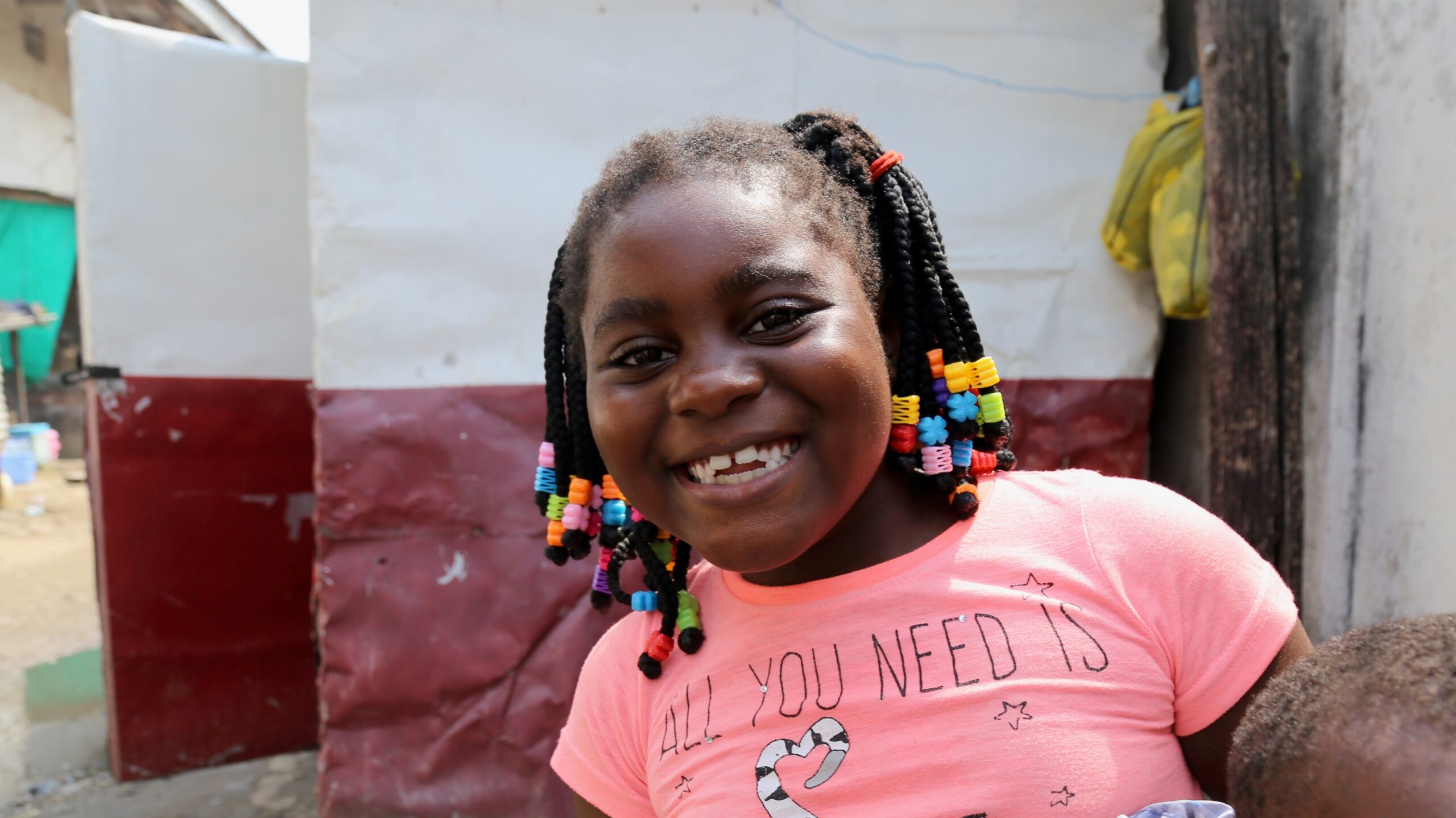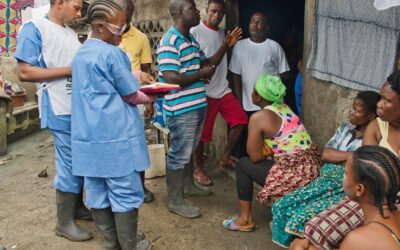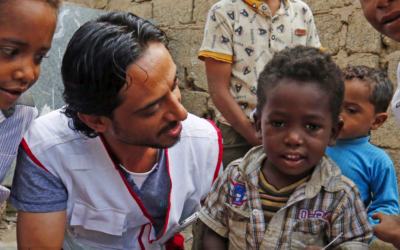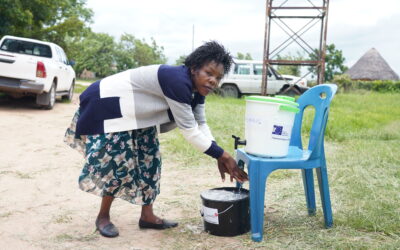The SSHAP Fellowship is a tailored professional training programme exploring how to integrate social science into humanitarian and development responses. It brings together social scientists and humanitarian practitioners from around the world to encourage interdisciplinary collaboration, drawing on expertise from within the SSHAP partnership between the Institute of Development Studies, Anthrologica, Gulu University, Le Groupe D’etudes Sur Les Conflits Et La Sécurité Humaine (GEC-SH), London School of Hygiene and Tropical Medicine, University of Juba, CRCF Senegal, University of Ibadan and the Sierra Leone Urban Research Centre.
The Fellowship will include:
- Weekly mentoring with a SSHAP expert
- Tailored professional training programme (including network mapping and communications skills)
- Opportunities to learn from peers and share experiences
- Forums to shape discourse and dialogue
- Support in developing an operational briefing to be published and promoted via SSHAP channels
To be eligible for the Fellowship you must:
- Be a national of and currently living in a lower- or middle-income country.
- Be either 1) a social scientist with research experience or 2) a public health or humanitarian response practitioner in a position to influence design and/or rollout of humanitarian activities.
Dates and duration
- 2 May 2023 – 24 July 2023 (approximately one day per week over 3 months)
Honorarium
- Each Fellow will receive an honorarium of £1,000.
To apply:
- Complete the online application form.
- Closing date: 27 March 2023, 22:00 GMT
- Applicants will be informed of the result of their applications by email by the middle of April.
SSHAP is committed to embedding and supporting equality, diversity, and inclusion in our work and in all our activities. We welcome applications from people of all backgrounds, beliefs, identities, orientations, and abilities.





